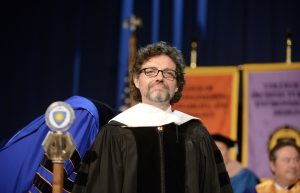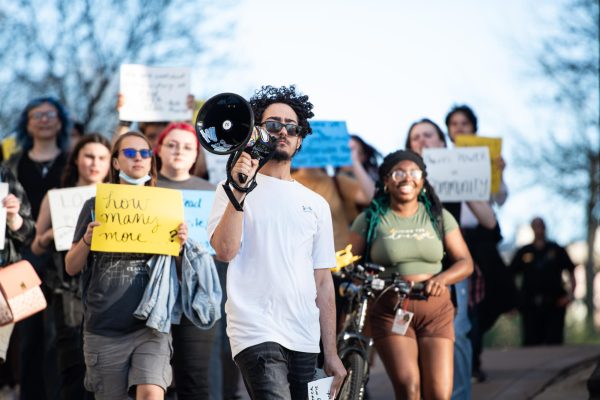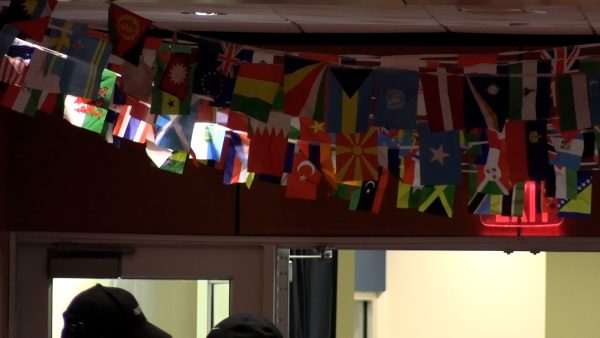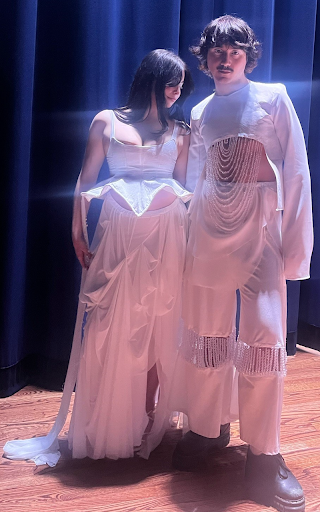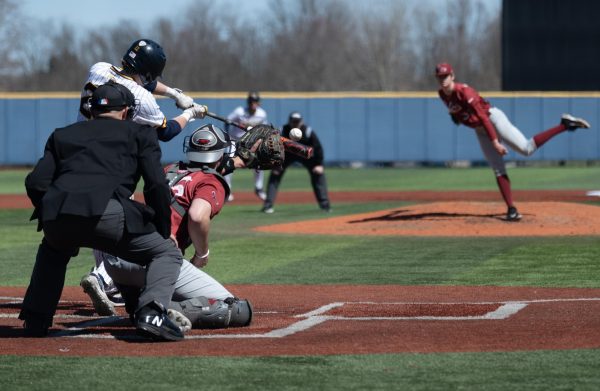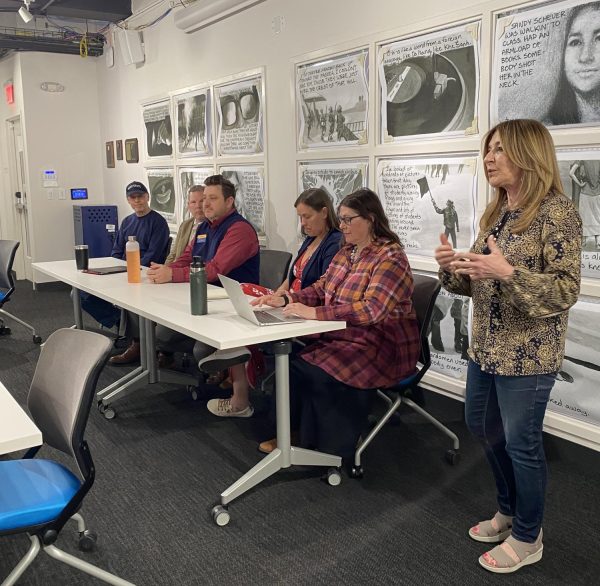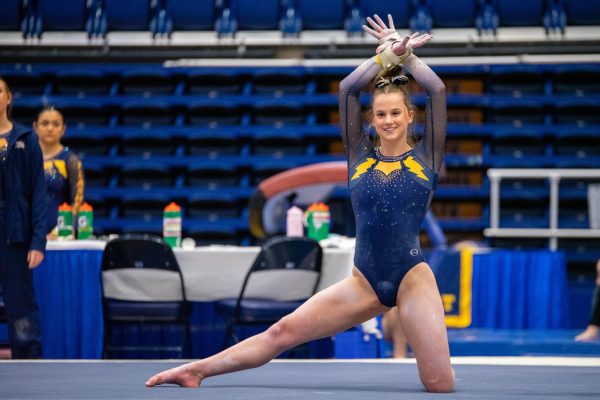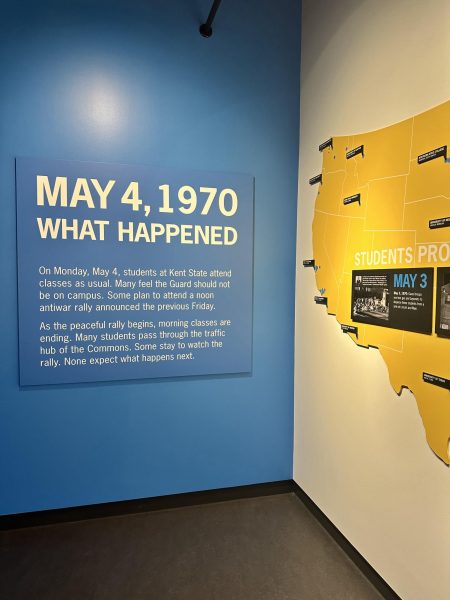Chicago school tries to lure graduate students
February 14, 2007
(MCT) – In an effort to maintain its strong reputation for graduate education, the University of Chicago announced Wednesday that it will significantly boost financial aid to doctoral students in the social sciences and humanities.
The university, which had begun to lag behind its competitors in graduate student aid, will invest an additional $50 million over the next six years, an increase that will make its graduate students among the best financially supported in the country, officials said. The university currently spends about $60 million a year on graduate student aid in the humanities and social sciences.
Beginning this fall, doctorate students will get a minimum package of five years of tuition, health insurance, a $19,000 stipend per year and two summers of financial support for research worth $6,000. Most of the university’s social science and humanities graduate students currently get a four-year tuition package and annual stipends ranging from $4,000 to $18,000. Some students get no aid.
While other universities such as Northwestern University have boosted graduate student support in recent years, they often have done so by reducing the number of students. University of Chicago, however, will continue to enroll about 250 new graduate students in the social sciences and humanities each year, one of the largest programs among top private research universities.
“It is way too important a priority for the university, and way too intrinsically connected to the fabric of the university, to not be able to do this,” said Robert Zimmer, president of the University of Chicago. Zimmer said the money will come from the general budget and fundraising.
Zimmer, who took over July 1, also said that during meetings with faculty and deans, it became clear that increasing graduate student funding was a top priority. Graduate and professional work has long been a hallmark of the university, and it risked losing top graduate students to other universities if it didn’t offer them more competitive tuition packages and benefits.
University administrators decided to focus on the social sciences and humanities because students in the physical and biological sciences generally have had better financial aid and more external grant funding.
“I didn’t want to let another year go by where we were admitting students without providing the kind of support that we felt we needed to do.” Zimmer said. “This was universally recognized as the most important thing we could do to improve the overall standing of the university in these areas.”
“This package is highly competitive. It is in the range of what the best packages are now for students in the humanities,” said Debra Stewart, president of the Council of Graduate Schools. “It will take money off the table as the reason that students select” a university.
In addition to allowing them to compete for the top students, University of Chicago officials said they hope that an additional year of financial support will help students graduate sooner by allowing them to focus on academics.
“They will not need to be worrying as much about their finances. There will be fewer distractions,” said John Mark Hansen, dean of the Social Sciences Division, who said doctorate students typically graduate in six or seven years. “It would be reasonable to hope that would help to move people along in their studies.”
In recent years, five years of financial aid has become the new standard at private universities. In 2005, for example, Northwestern began offering doctorate students a minimum five-year package that includes tuition, a $19,620 annual stipend, and three years of summer research support. The university will begin offering full health insurance in the fall.
“We made a choice a few years ago to take fewer students but to make sure all of them are funded,” said Simon Greenwold, Northwestern’s associate dean of graduate studies.
Anne Harrington, a University of Chicago political science student, said she’s glad the university will begin offering all graduate students financial support. When she started the program in 2001, she received four years of tuition and a $12,000 annual stipend.
“We have been having problems in our department recruiting the students we want because our competitors give them better aid packages,” Harrington said. “This is a big deal.”









